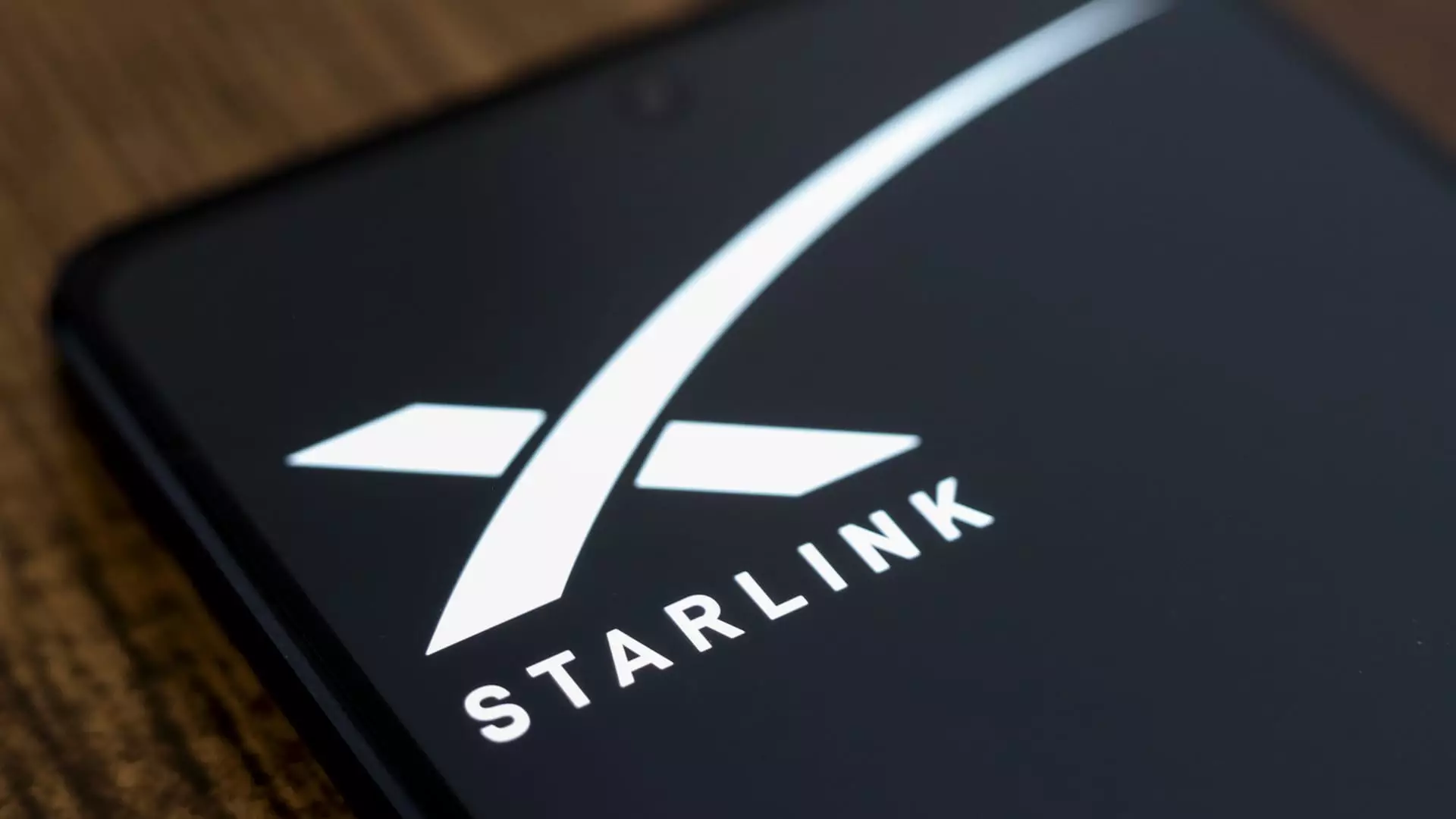Recently, Starlink, the satellite internet service owned by Elon Musk’s SpaceX, announced that it would be blocking the social network X in Brazil. This decision was made in order to ensure the continued operation of Starlink in the country without the risk of losing its license. The move comes after Brazil’s supreme court blocked X due to its defiance of court orders and failure to pay fines. This action was taken as X refused to suspend accounts that were posting content aimed at harming democratic institutions in Brazil, particularly during the upcoming municipal elections in October.
The conflict between X and the Brazilian authorities escalated further as the company also failed to appoint a legal representative in the country, as required by federal regulations. This led to the freezing of Starlink’s financial assets in Brazil to enforce compliance. The top justice in Brazil, Alexandre De Moraes, viewed Musk’s two companies, Starlink and X, as collaborating in their actions. The situation took a more serious turn when a takedown request was issued for the account of Senator do Val, who is under investigation for potential involvement in plans to disrupt the government and sabotage de Moraes.
Critics of De Moraes argue that he has overstepped his boundaries by exerting excessive control over online speech and social networks. This conflict has also drawn attention to the strained relationship between Musk and the Brazilian government. Musk has openly criticized De Moraes, referring to him as a “criminal” and likening him to infamous villains from popular culture. The outspoken entrepreneur has called for De Moraes’ impeachment, alleging that the justice’s orders amount to illegal censorship.
Musk’s public statements have not been well-received by the Brazilian authorities, with the current administration seeing his remarks as provocative and disruptive. The SpaceX CEO has expressed his support for Brazil’s former president Jair Bolsonaro and has made threats of retaliation against De Moraes and current President Luiz Inacio Lula da Silva. In a series of tweets, Musk vowed to take action against the Brazilian government if his demands were not met, indicating a willingness to escalate the situation.
The controversy surrounding the suspension of X in Brazil has attracted global attention, with President Lula emphasizing that his country should not be subjected to Musk’s influence simply because of his wealth. The tension between Musk, X, and the Brazilian government highlights the complex dynamics at play in the realm of social media, online censorship, and international relations. The implications of this conflict could have far-reaching consequences for both the tech industry and diplomatic relations between countries.
The conflict between Elon Musk’s Starlink and the social network X in Brazil illustrates the intricate challenges faced in the digital age. As technology continues to advance, questions surrounding online freedom, government regulation, and corporate responsibility become increasingly relevant. The situation in Brazil serves as a reminder of the power struggles that can emerge in the intersection of technology, politics, and business. It remains to be seen how this conflict will unfold and what impact it will have on the broader landscape of the internet and international affairs.


Leave a Reply